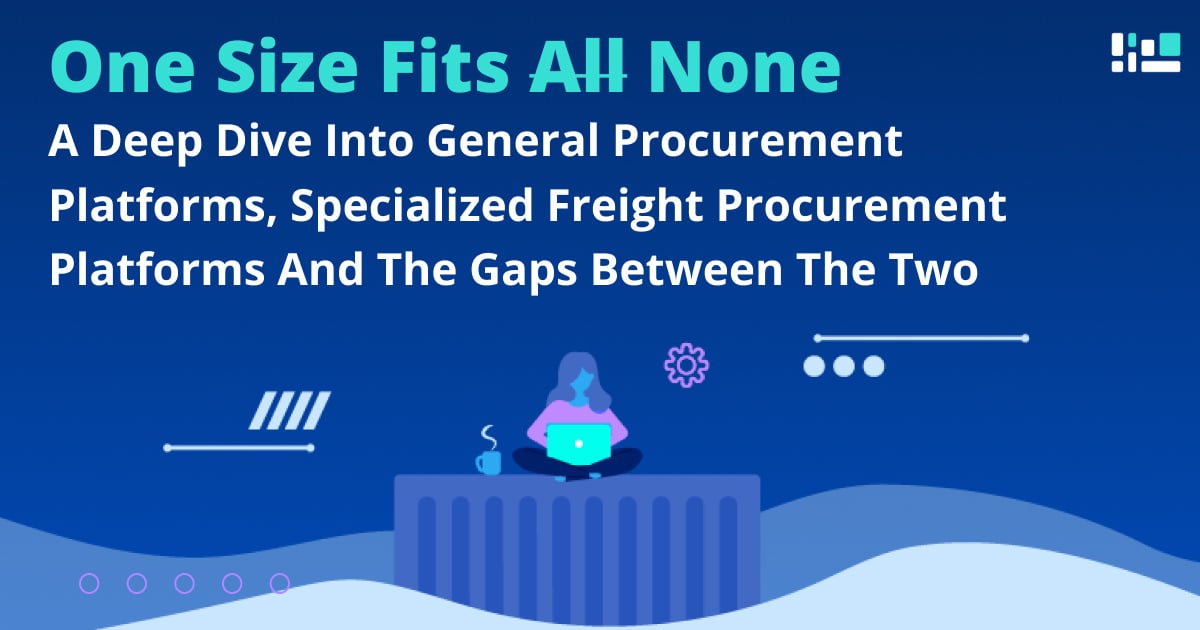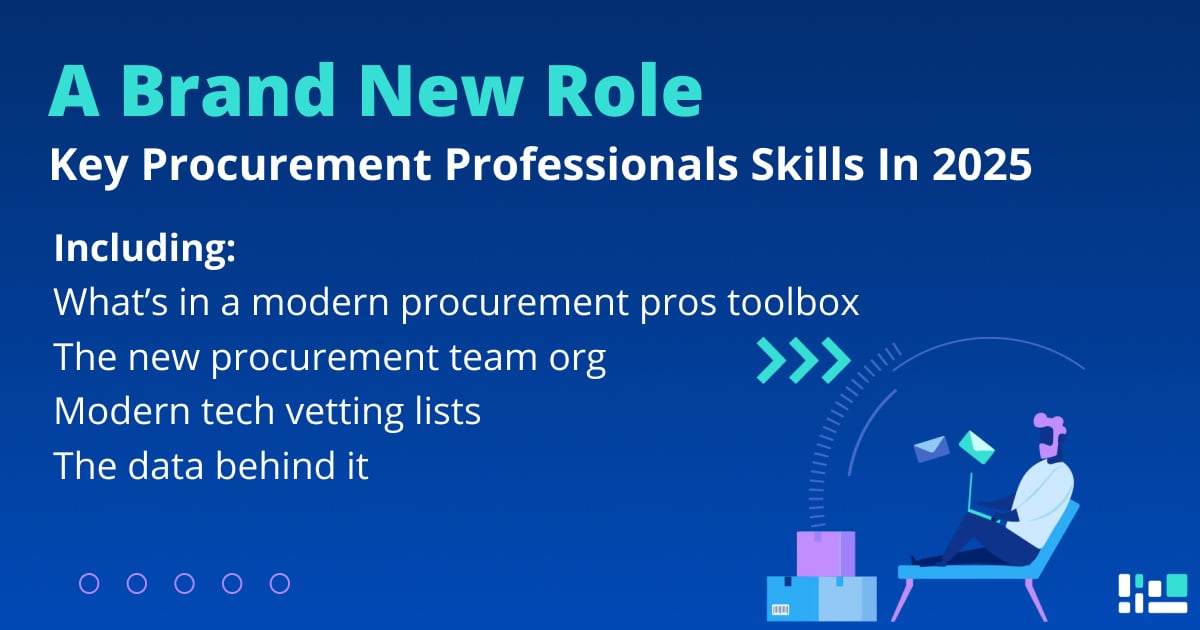Sea freight is becoming increasingly unreliable. Container shortages, port bottle necks and increasing demand on high-traffic lanes has caused late deliveries to sky rocket.
Currently there are delays of up to 30 days on some of the busiest China to EU routes, and nearly 22 days on the worst-hit China to U.S.
The impact of these delays on your supply can be massive and can result in dissatisfied customers. So what can you do to prevent sea freight delays affecting your business?
1. Always maintain an overview of the container
Studies have shown that almost every second industrial company experiences difficulties with disruptions and errors in the supply chain. Delays are most common at interfaces in the logistics network, such as between external partners or different departments like transport and storage.
Supply chain management plays a major role in preventing problems with sea freight delivery. Companies such as Ocean Insights are working to develop smart solutions for representing the supply chain. By consolidating reliable sea freight data, they're able to accurately forecast delivery times.
Thanks to data analytics and big data, it is now possible to make fairly accurate forecasts regarding the delivery of sea freight. You can also maintain an overview of the current status of the delivery and the current location with tracking and tracing functions.
2. Prepare for seasonal challenges
Seasonality affects virtually every industry, causing extreme fluctuations in demand leading to delays every year.
Chinese New Year is one of the biggest causes of sea freight delivery delays. This is not celebrated on 1st January, but is based on the lunar calendar and lasts for around 15 days. Most companies and factories in China close during this period. As a result, the volume of sea freight usually increases sharply before this period and there is more container traffic at the ports.
Planning your freight schedule around these big holiday booms will help your avoid port congestions and possible delays. Create a calendar listing all the seasonal events that have historically caused delays or could create delays in the upcoming year. Plan to make shipments early or, if it's not urgent, consider delaying your shipment until after the disruptive period is over.
You may still get hit by seasonal fluctuation, even with good planning, so manage expectations during this period. Let customers and colleagues know that there may be some delays during and explain what you're doing to minimise the risk. This will give them confidence you're doing everything you can to prevent delays and ensure they're not caught off guard if your shipment arrives late.
3. Make sure you have a Plan B
Container ships have changed the way we transport goods around the world. Sea freight has clear advantages as a mode of transport: it's usually the most cost-effective option, especially with large quantities and long distances. On the other hand, the transport times are longer and once it's in the ocean, there's nothing you can do to move it any faster.
Therefore, it is always good to have a Plan B and to choose other modes of transport for certain goods. For example, if you're handling an extremely time-sensitive shipment and your sea route is congested, consider shelling out for air freight. Although this is more expensive, it's a lot faster than sea transport and thanks to flight plans which are adhered to meticulously, it is reliable and less susceptible to natural events than sea freight.
Conclusion
In summary, it is clear that several factors need to be taken into account with regard to sea freight in order to prevent delays. This may include optimising the supply chain or planning seasonal weddings. Suppliers and manufacturers should be aware of exactly what is important to them as importers and be prepared for as many eventualities as possible in order to prevent sea freight delivery delays.
Want to read the latest blogs about freight procurement and logistics? Join hundreds of other subscribers and receive the latest blogs in your inbox.
About SHIPSTA
SHIPSTA powers smart logistics procurement with a digital platform that connects shippers and carriers to ensure a frictionless procurement process for spot and contract buying, entirely online. It automates complex tasks, provides unrivalled visibility and supports fast data-driven decision-making. Designed and built by experts in logistics procurement, it is bringing transparency, automation and efficiency to the global logistics industry. It is used by some of the world’s largest companies to respond to market volatility, control freight costs and manage risk. The company was founded in 2015 and is based in Mertert, Luxembourg and Hamburg, Germany.



